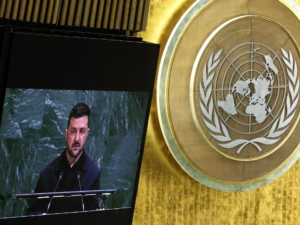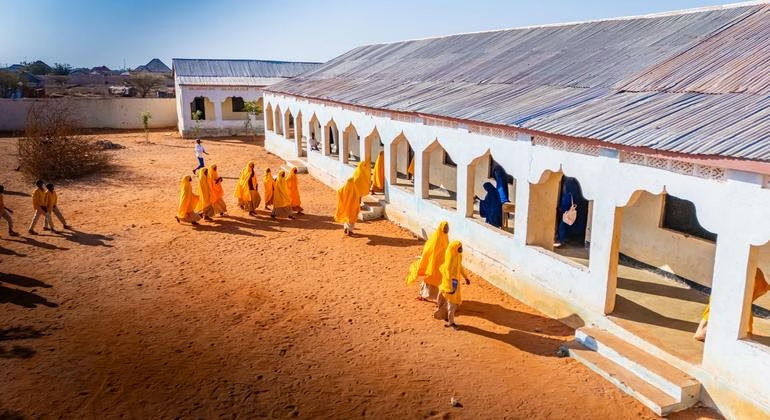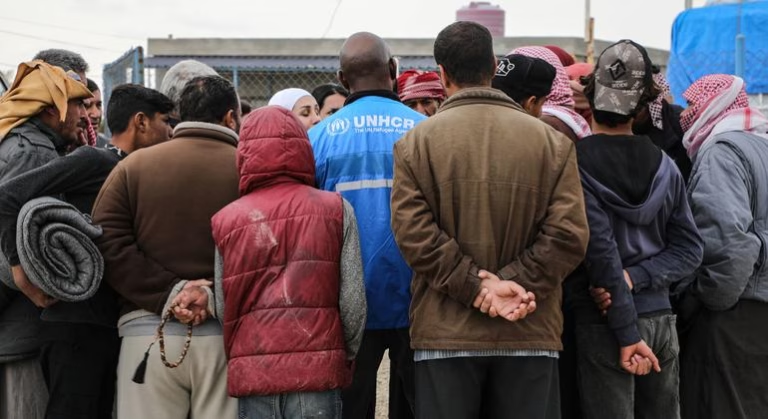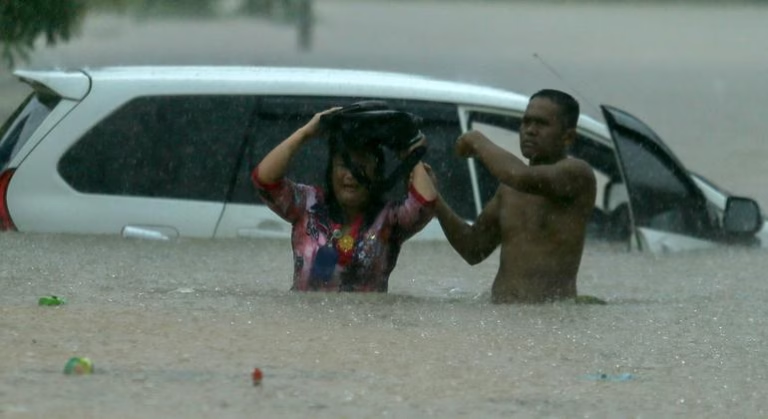Attendees included high-ranking politicians, representatives of international organizations, and officials from the G7, G20, and the COP30 UN climate conference. The summit focused on overcoming obstacles in development finance on the path to achieving the 2030 Sustainable Development Goals (SDGs).
“This exemplifies the principles of networked, inclusive multilateralism in action,” stated Mr. Guterres, who proposed the summit in 2021. It was later endorsed in last year’s Pact for the Future Agreement as a key strategy for reforming international financial systems.
The summit was designed as a platform to foster coherence, ambition, inclusion, and action.

Prioritizing debt reduction and reforms
“Organize your financial affairs optimally,” International Monetary Fund Managing Director Kristalina Georgieva advised, highlighting actions countries can take to support reforms.
Ms. Georgieva warned that global public debt is projected to hit approximately 100% of GDP by the end of the decade, which could obstruct “many countries from securing the fiscal space needed to absorb future shocks and address the critical needs of their populations.”
She advocated for prioritizing debt on a “sustainable trajectory, either stable or decreasing,” and for the implementation of structural reforms to attract private investment.
“If regulation is outdated, remove it” she suggested. “If access to financing is limited, facilitate it, and consider property rights security to instill confidence in investments.”
Closing the $4 trillion funding shortfall
President of South Africa Cyril Ramaphosa, who will also lead this year’s G20 meeting of industrialized nations, spoke at the summit about the necessity of bridging a $4 trillion financing gap to achieve the SDGs.
To address this, he proposed measures such as “quicker” and “more equitable” debt relief and restructuring, accessible and affordable financing, and a reform of global taxation rules to combat illicit financial flows.
“We need assurance that commitments made will be honored and that global rules will be shaped inclusively, not by a select few,” said Mr. Ramaphosa.
The resilience of trade
“Although US tariff actions have had a significant impact, causing instability in global trade, the core of the trading system remains intact,” declared World Trade Organization (WTO) Director-General Ngozi Okonjo-Iweala.
She highlighted the “remarkable resilience” of trade, noting that digitally delivered services grew by nearly 10% last year to almost $5 trillion. South-South cooperation continues to grow.
She encouraged member states to diversify trade relations and endorsed all free trade and regional trade agreements.
Concluding the initial session, the Secretary-General revisited his recurring theme of reforming the post-war financial system.
“Public resources are limited, extremely limited, relative to the needs,” he noted, emphasizing that private investment and financial institutions, both internationally and nationally, must do more to support sustainable growth.
Mr. Guterres highlighted the current “bias against the interests of developing countries,” arguing that in the future, capital borrowing must be made more reasonably priced to facilitate sustainable economic development.
Source: https://news.un.org/feed/view/en/story/2025/09/1165944






